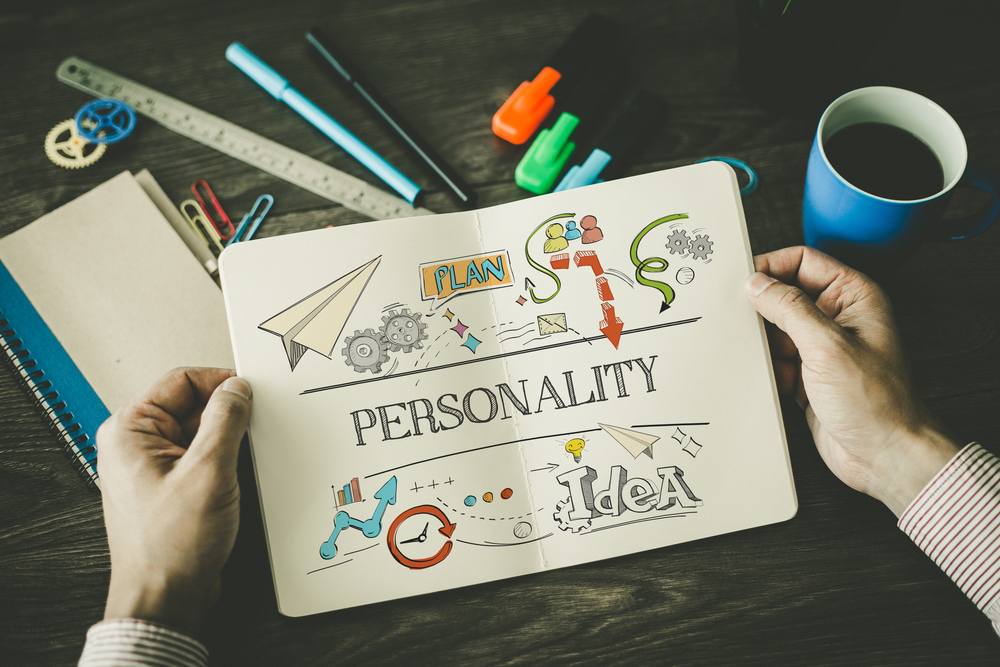
How do I change my Personality Type
Every personality type has its strengths and development areas; we naturally behave in certain ways most comfortable to us. Although there are no ideal personality types I can almost guarantee that at some point in your life you have said, “I wish I had a different personality”. You may want to be more social, assertive, or more organised; you may be making a conscious effort to listen more. So, it’s not surprising we are often asked if our personality types can be changed.
Unfortunately, the answer is not that straightforward. According to most personality theories, there are aspects of your personality that are fluid and easy to modify, where as other aspects are an innate part of your personality that can be difficult to modify. One of these aspects of your personality is behaviour. The general consensus is that your behaviour is shaped during your experiences early in life and tends to stay stable over time.
I’m sure right now, you are thinking of a person who has traits and habits that differ from or even directly contradict their behavioural style. Why does that happen? Imagine trying to walk through your house at night without turning any lights on. You may be able to navigate your way around using touch or any other sense apart from vision, your preferred sense. However, as soon as you turn the lights back on, you will automatically switch back to using your sight again, as it is much easier to navigate around your home.
The way your behaviour operates is very similar. You learn to modify your behaviour to suit different environments. In order to be successful in a different environment, you adapt your behaviour to suit the needs of the situation. For example, if you are naturally a reserved and systematic person (steadiness), but your work schedule is sporadic and your workplace is very social, your behavioural traits are likely to change. However, you will most likely switch back to being a Steady individual as soon as you leave that environment.
Although we can adapt our behaviour to certain situations, we are more likely to feel lacking in energy, exhausted and burnt out if we are adjusting our behaviour for extended periods of time. This is because we are flexing from our most comfortable and easy behavioural styles. However, you can (and should) develop the aspects of your behaviour that you are unhappy with.
We recommend attempting this in short periods of time. By gradually shaping your behaviour, you will strengthen your non-natural traits and find your interactions with other styles are easier. Such a change can be triggered by your environment or through a conscious adjustment of behaviour by your own will.
To conclude, aspects of your basic personality type can change, whereas others can be harder to modify, including your behavioural style. While small conscious adjustments to your behaviour can strength your non-natural traits, making a constant full-time adjustment can cause you to burn out.
Each behavioural style is unique and has its own strengths and development areas. Learning to embrace and utilise your strengths will help you recognise why you are stressed and can also help you exceed in your current environment.
With thanks to HR Profiling for the majority of the background information in this article.
SR Group uses the more advanced and powerful tool, Extended DISC to enhance personal and team performance. If you would like a sample report to see what sort of valuable information it uncovers, please contact me directly.









No Comments
Sorry, the comment form is closed at this time.